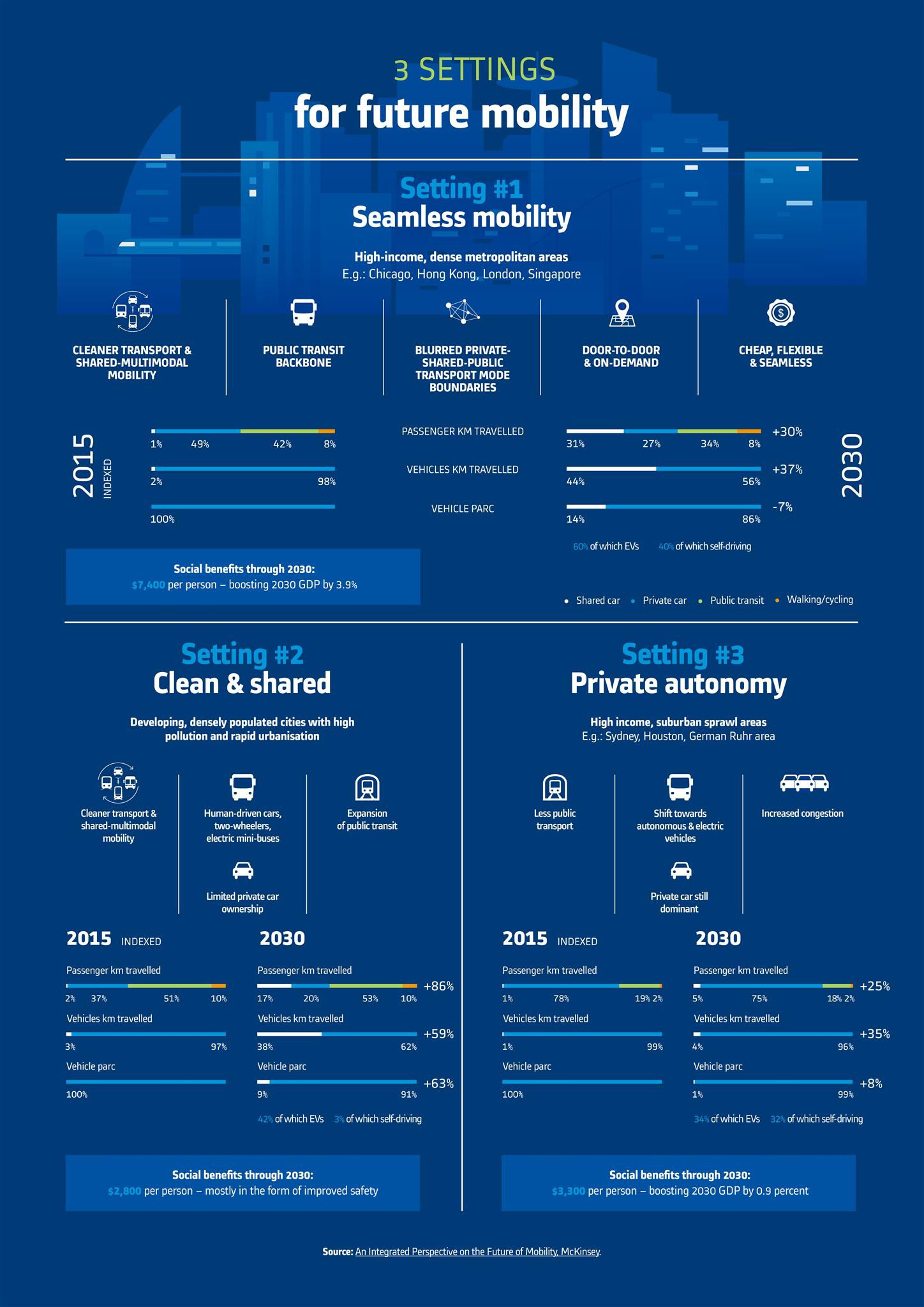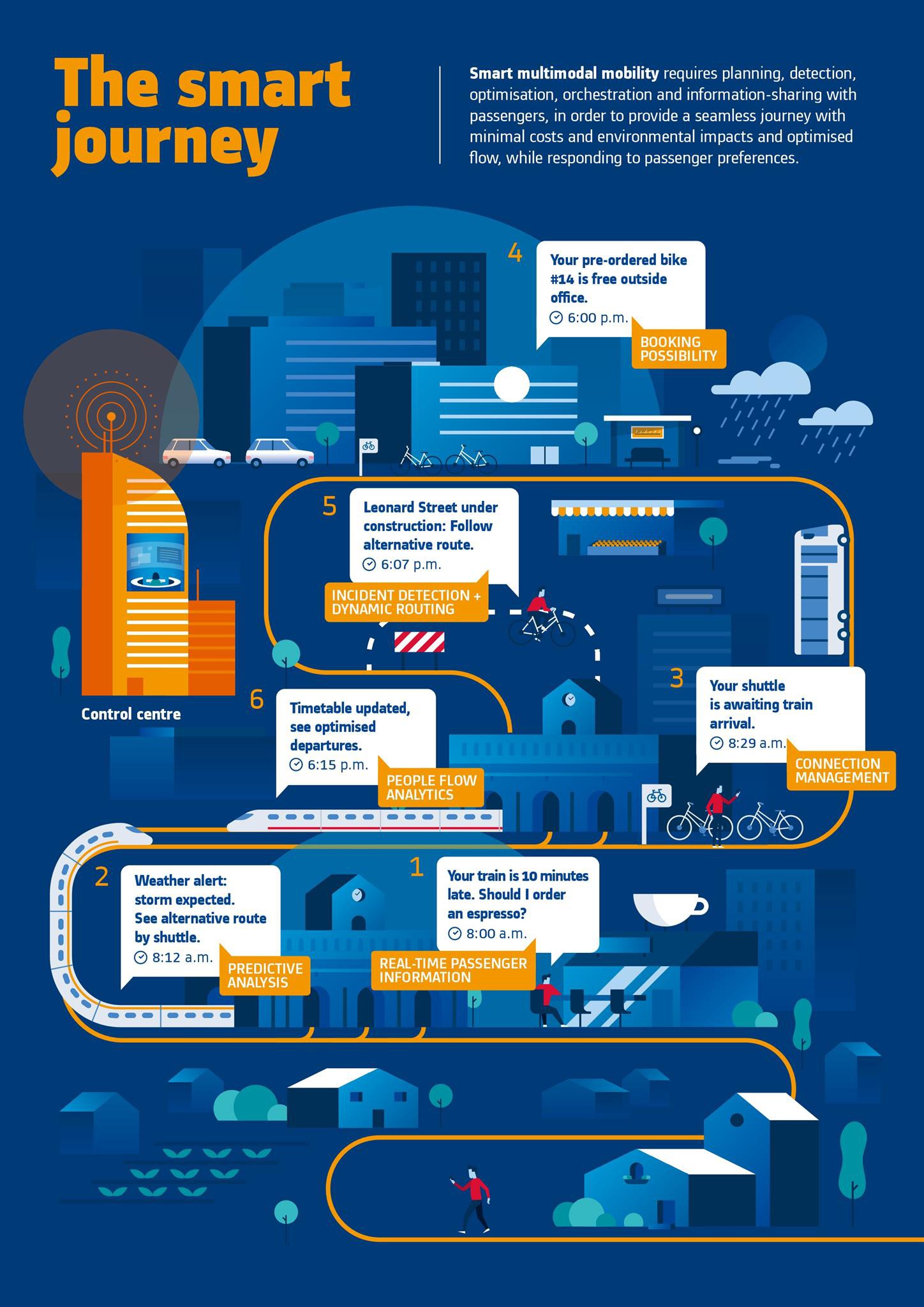Blog
The Next Rail Revolution is Here – and the Future is Digital

Jean-Francois spoke about where the rail sector sees itself in a few decades time, and what the endgame of digitalisation could and should be, at the 7th International Railway Summit in Frankfurt
“Digital Railways” doesn’t have quite the romantic ring of the great train services of the past – the Orient Express, the Canadian Pacific or the Trans-Siberian but Digital is the next big wave in the railway sector and train users and operators can look forward to higher service standards ultimately improving efficiency and reliability of railway systems.
A new golden age of rail travel
Railway networks in many countries have become extremely dense, especially on commuter lines in major cities, making it difficult and costly to implement major upgrading projects. Instead, the kind of improvements in efficiency that digital technology excels at can have massive operational impacts.
In fact, digital technologies hold out the promise of true transport integration, linking main-line rail services with other urban transportation modes, enhancing efficiency and passenger convenience. The introduction of Information and Communications Technologies (ICT), Intelligent Transport Systems and open-data/ open-source transport applications are transforming urban transportation, optimising the efficiency of existing and new urban transport systems, at a cost much lower than building new infrastructure from the ground up.
New transport data collection technologies are also being deployed to provide information about delays, downtime and predictive maintenance which could lead to huge improvements in service standards, safety, and unlocking the potential of railways. Passengers will also be able to make real-time decisions about their journeys based on the features that matter most to them such as reliability, safety, travel time and cost. What’s more, railways today offer a connected service all along the passenger journey with on-board wifi for internet and entertainment options.
Other positive aspects of railway digitalization highlighted in a European Railway Review interview include the opportunities digital technology offers for cleaner air as well as the tangible benefits to travelers of increased flexibility and convenience. Enhanced safety, predictive maintenance and automated driverless operation are all part of rail’s future.

Mastria: Alstom’s multimodal traffic orchestrator. ©Alstom
How do we get there?
The path to digitalisation will not, of course, be entirely smooth. The “Connected trains” survey by management and technology consultancy BearingPoint found that a digitalised and integrated rail system with connected trains is the future, but it will require collaboration and coordination to get there.
Digital technology in the railway sector will see a shift from the traditional emphasis on heavy engineering, to software and data handling skills. There will always be a place for traditional rail engineers, but demand will grow for data management talent, as digital signalling technology unlocks capacity on complex mainline networks.
With new ways of working and new technologies, industry collaboration and effective business change will be more important than ever. Rail operators should take this digitalisation opportunity to integrate different mobility options into their existing offering and consequently focus on value creation through innovation. Without a doubt, it is the quiet efficiency of digital technology that will take rail systems and their passengers into a new age of rail travel that is safer, more convenient and comfortable, more economical, and more climate-friendly.

Mastria: Alstom’s multimodal traffic orchestrator. ©Alstom
Category: Blog Digital Revolution International Railway Summit passenger rail Research and Innovation
Tags: Alstom digital digitalisation Jean-Francois Beaudoin Mastria mobility multimodal transformation
About the author

Jean-Francois Beaudoin is the Senior Vice President of Alstom Digital Mobility since 2017. He is based in the Group Headquarters at St.Ouen, Paris. Prior to this he was Senior Vice President of Alstom Asia Pacific, based in Singapore.
Jean-Francois joined the Alstom Group in Paris, France in 2007 from PSA Peugeot Citroën where he was their Head of Aerodynamics research department. In his tenure in Alstom, he has held various positions including Technical Tender Manager, Executive Assistant to the COO, Financial Controller RS Urban, Project Audit Director, VP Finance Management Control and VP Tramways. Immediately prior to his move to Singapore in 2014 as the Managing Director of the Rolling stock business, he was acting SVP Finance for the Alstom Transport sector.
Born in 1977, Jean Francois graduated from Ecole Polytechnnique in 1998 and went on to obtain a PhD in Mathematics & Automatics from Mines ParisTech in 2004. He also attended the executive education programme at INSEAD, Paris.